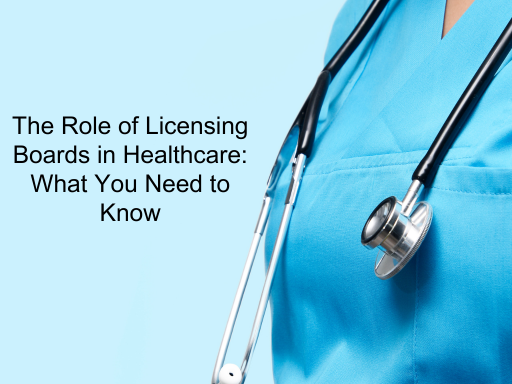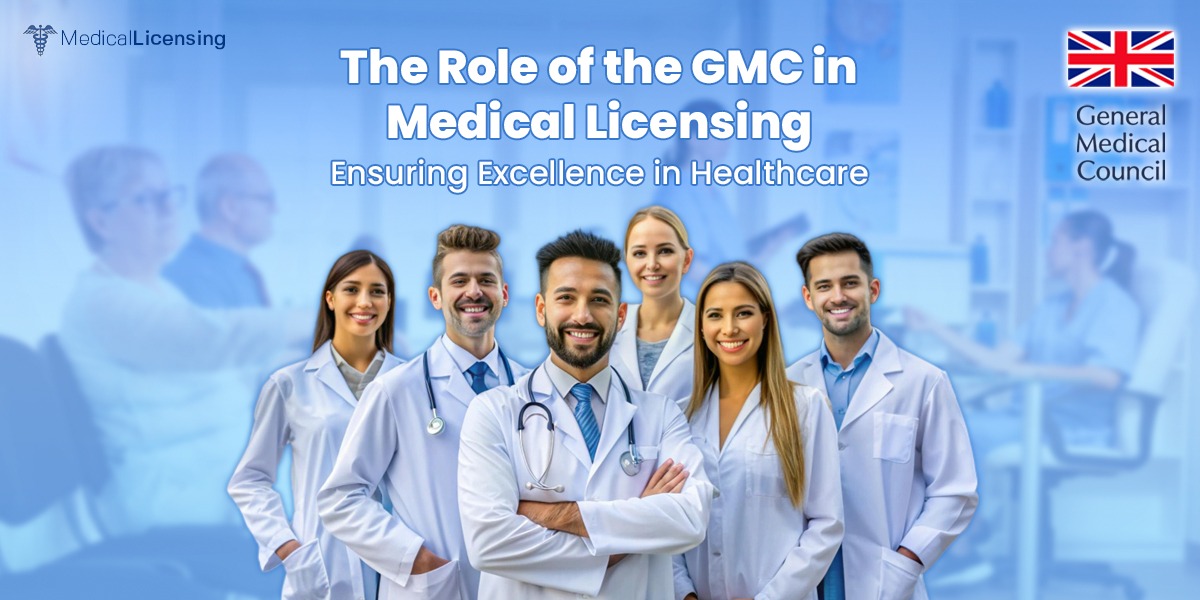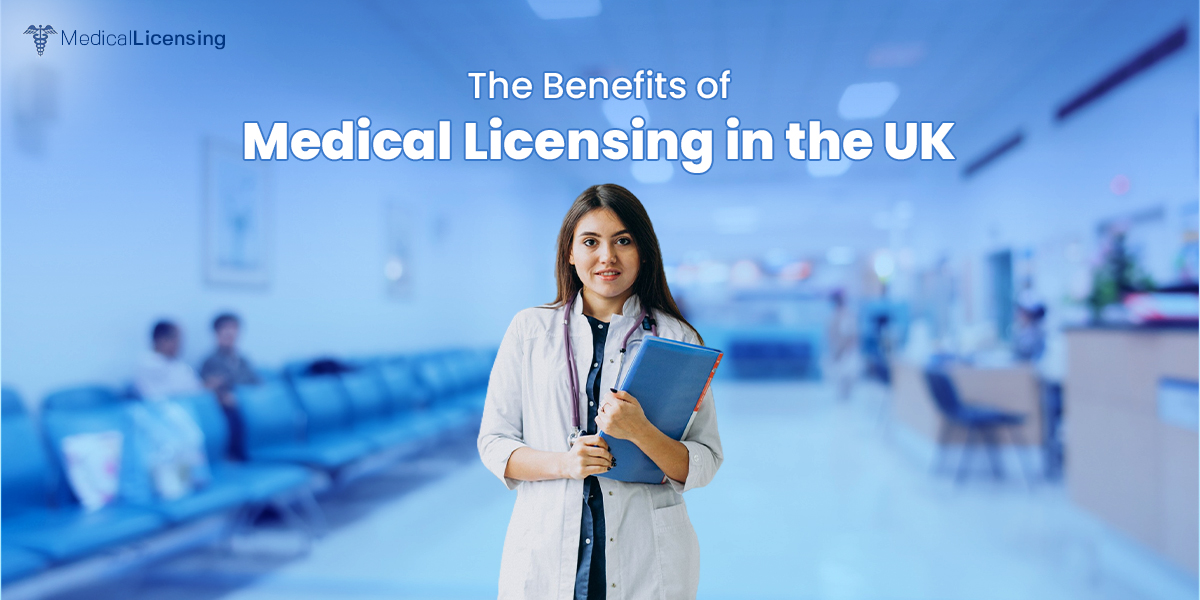The Role of Licensing Boards in Healthcare: What You Need to Know
Introduction:
Licensing Boards and Regulatory
Bodies in healthcare often referred to as healthcare licensing boards
or medical licensing authorities, play an indispensable role in healthcare.
These entities are entrusted with establishing and maintaining the standards of
competence and ethical conduct for healthcare professionals. Healthcare
licensing, regulation, renewal and credential processing must be clearly
understood.
Setting Stringent Standards
At the heart of their role,
licensing boards set stringent standards for healthcare professionals. These
standards encompass education,
clinical skills, and ethical behaviour. By
defining these requirements, the licensing boards ensure that only qualified
individuals enter the healthcare workforce.
License Granting and Renewal:
Licensing boards manage the
critical processes of granting and renewing licenses for healthcare
professionals. They meticulously assess applicants' qualifications, verify
credentials, and sometimes administer licensing exams. The renewal process is
equally important, ensuring healthcare practitioners meet evolving standards
throughout their careers.
Monitoring and Discipline:
One of the crucial functions of
healthcare licensing boards is monitoring the conduct of healthcare
professionals. They investigate complaints, allegations of malpractice, and
ethical violations, serving as a safeguard against misconduct. Licensing boards
are empowered to take disciplinary actions like suspending or revoking licenses
and imposing fines when necessary.
Continuing Education and
Training:
In an ever-evolving healthcare
landscape, staying current is imperative. Licensing boards often mandate
continuing education and training for healthcare professionals. These
requirements ensure practitioners remain up-to-date with the latest medical
practices, technologies, and ethical standards.
Public Education and Advocacy:
Licensing boards also assume the
role of educators,
informing the public about healthcare standards and the importance of choosing
licensed professionals. Their advocacy efforts promote policies prioritizing
patient safety and quality of care.
Collaboration with Professional
Associations:
Collaboration between licensing
boards and professional associations within healthcare is paramount. Such
partnerships establish and uphold best practices, ethical guidelines, and
opportunities for professional development. Joint efforts enhance the cohesion
and effectiveness of the healthcare system.
Adapting to an Evolving
Healthcare Landscape:
In the face of rapid changes in
healthcare, licensing boards must be adaptable and proactive. They regularly
update standards and regulations to align with current practices and
priorities, ensuring that healthcare remains safe and effective.
Conclusion:
Licensing boards and regulatory
bodies in healthcare are the cornerstone of a well-regulated healthcare system.
Their responsibilities span from setting and enforcing standards to monitoring
and disciplining healthcare professionals. These functions safeguard the
quality of healthcare services, ultimately prioritizing patient safety and
well-being. In a dynamic healthcare landscape, these entities must remain
flexible and forward-thinking to meet the evolving needs of the industry and
the public. The healthcare licensing and validation processes they oversee are
pivotal to the success of the
healthcare profession.




